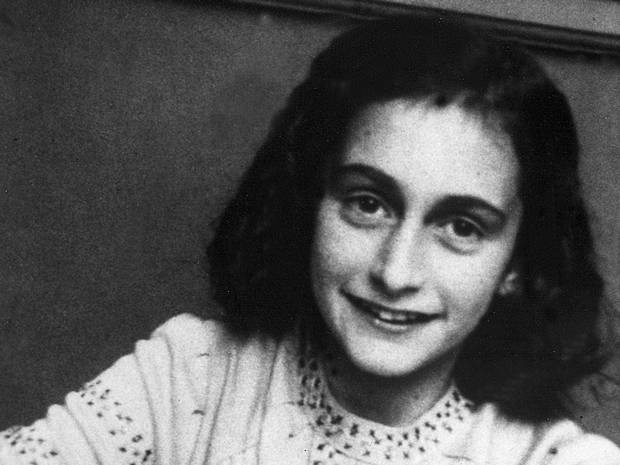Anne Frank was found because Nazis were investigating ration fraud, says researchers
The study used Anne Frank's diary as a primary source of information for the first time.

Anne Frank – whose diary and death brought home the horrors of the Holocaust across the world – could have been found by chance and not because she was betrayed by anti-Semites collaborating with Nazis.
Many people have been identified as possible betrayers of the Frank family, including Tonny Ahlers, who was well known for being involved in many fights in Jewish-owned cafes.
Now the Anne Frank House museum in the Netherlands believes that the Frank family's hiding place was searched over ration fraud. According to new research, police who discovered the secret annexe behind a movable bookcase may not have been on the lookout for the Jewish family living there.
These researchers have been asking the question: "Why did the raid on the Secret Annexe take place, and on what information was it based?" rather than "Who betrayed Anne Frank?" The new study has looked into possible reasons for the search being illegal employment and ration-coupon fraud.
The raid on Prinsengracht 263 ended with everyone at the property being arrested and taken to concentration camps.
The new study carried out by the Anne Frank House has used Anne Frank's diary entries from March 1944, which have not previously used as a primary source of information. Other material included police reports from Amsterdam, Zwolle, and Haarlem, as well as records from the judicial authorities. This has led to new theories that the Sicherheitsdienst (SD – German Security Service) raided the premises and found Anne Frank and seven others purely by chance.
"Despite decades of research, betrayal as a point of departure has delivered nothing conclusive," Ronald Leopold, executive director of the Anne Frank House said.
"The Anne Frank House's new investigation does not refute the possibility that the people in hiding were betrayed but illustrates that other scenarios should also be considered. Hopefully, more researchers will see reasons to follow up new leads."
However, Otto Frank, Anne's father, always believed that someone had given their whereabouts to the Nazis. In November 1945, he wrote to his second cousin Milly Stanfield: "We try to find out who betrayed us and we were confronted to the men who arrested us at the time."
Another suspect was a warehouse worker called Van Maaren. However, Van Maaren denied he was the culprit, although he seems to have had some insight into the arrest and detention of the Frank family.
In 1948, he made a statement declaring his innocence but noted: "Without inside information, the SD would have never found the secret door, no matter how hard they searched."
Anne Frank died in the Bergen-Belsen camp in February 1945, aged 15, during a typhus epidemic. The camp was liberated by British forces on 15 April.
© Copyright IBTimes 2025. All rights reserved.






















